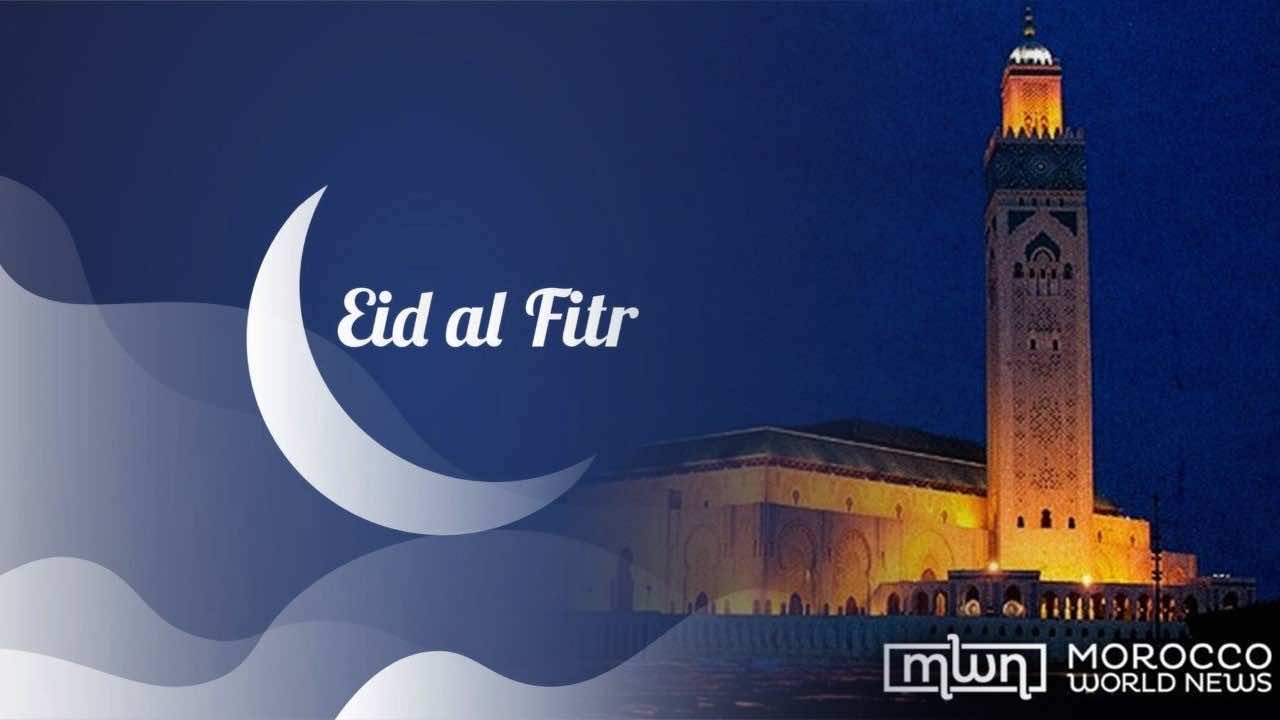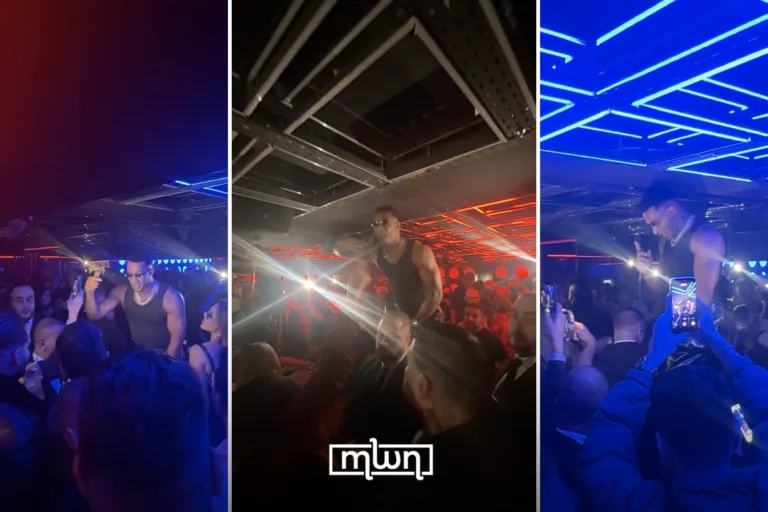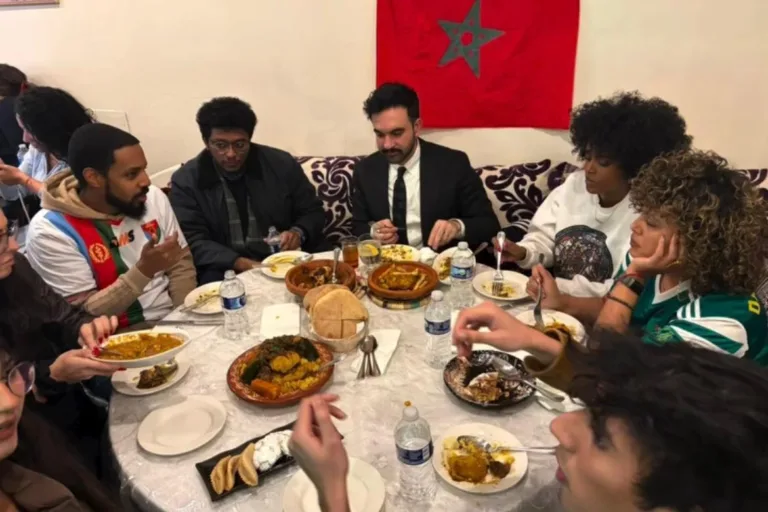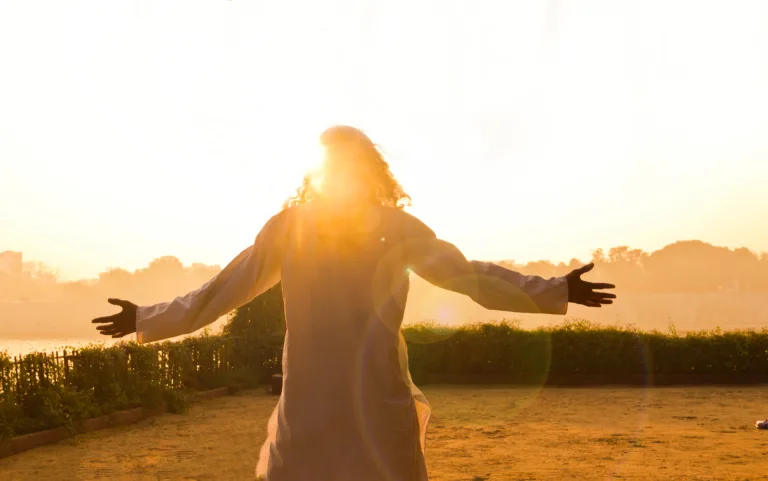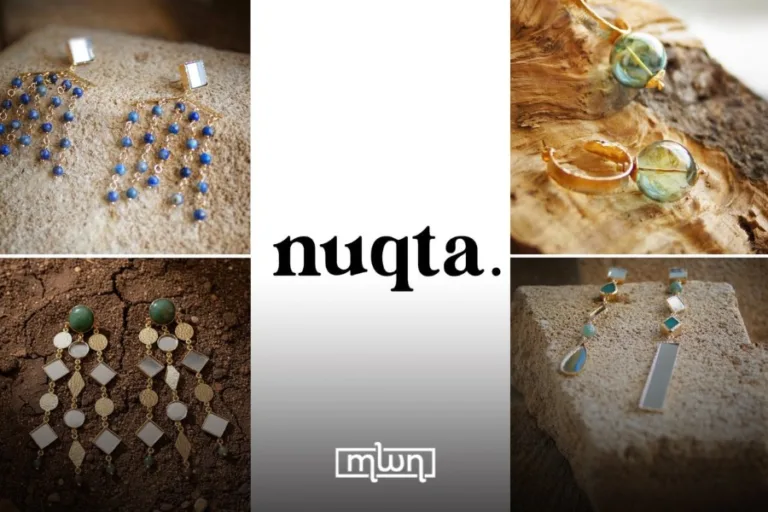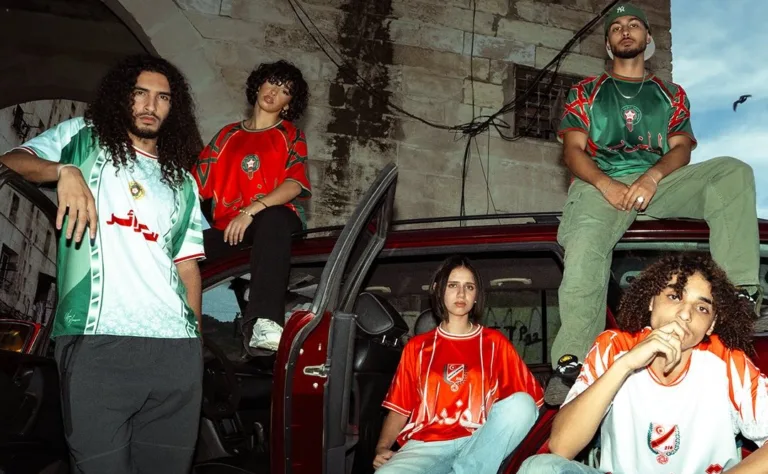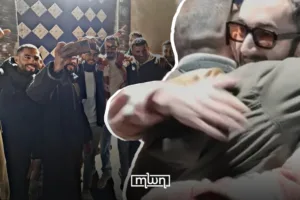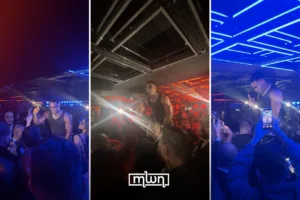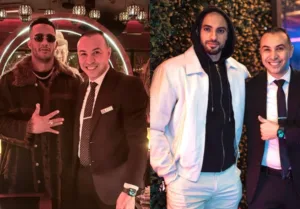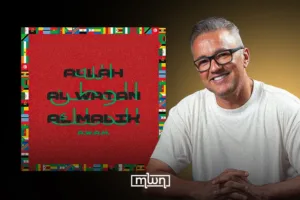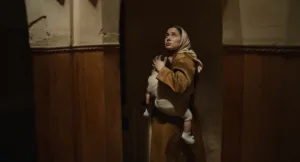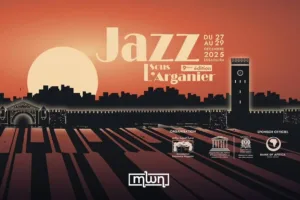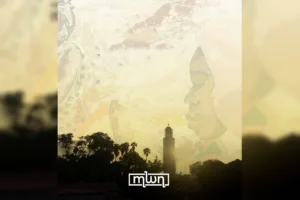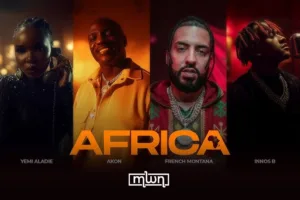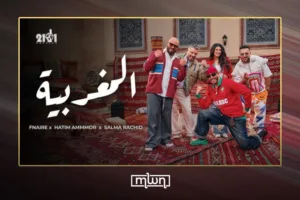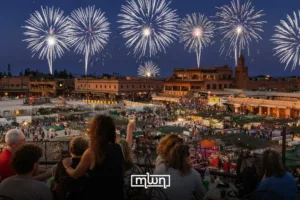Casablanca – Eid Al Fitr, or “Eid Sghir” – Small Eid – as it is known in Morocco, is a celebration with special significance, marking the end of the month of Ramadan and the beginning of Shawwal, the tenth month in the Islamic calendar.
Eid Al Fitr is an occasion to spend quality time with family and friends and practice various social and religious rituals and traditions. In Morocco, Eid Al Fitr typically begins with the Eid prayer, followed by a lavish breakfast and family visits.
Zakat, the pillar of Eid Al Fitr
Muslim feasts have always been distinguished from other pre-Islamic era occasions by their association with and dedication to God.
A special religious feature of Eid Al Fitr is the distribution of “Zakat Al Fitr,” according to which Muslims in Morocco conclude the fasting month by making charitable donations to the destitute or needy in their family surroundings or neighborhood. Often distributed on the night before or morning of Eid, Zakat is considered the most crucial practice of Eid Al Fitr.
It is traditionally given in the form of staple food supplies such as wheat or flour, although other necessities or money may also be provided. As a general rule, the equivalent of one bag of wheat should be given on behalf of each member of a family.
This special religious practice ensures that even the poorest of people have the means to be able to enjoy the celebrations.
Prayer, an essential feature of Eid Al Fitr

Casablanca – Eid Al Fitr prayer differs slightly from the usual five daily prayers. It is performed on the morning of Eid, about twenty minutes after sunrise, in all the most beautiful mosques across the country.
Men get dressed early in their best “djellaba” before going to perform the Eid prayer with family and friends.
These special prayers are often held outside, or in “musalla,” dedicated outdoor spaces, while mosques and squares chant “takbeer,” cheers and praise, creating a spiritual atmosphere for the day ahead.
After the Eid prayer and the “al-khutba” sermon, worshipers congratulate each other and exchange blessings.
Finally, breakfast!

If breakfast is considered the most important meal of the day, the Eid Al Fitr breakfast is one of the most important meals of the year, and an occasion that all muslims in Morocco look forward to.
Traditional sweets are a staple – feqas, kaab ghzal, mhencha and ghriba are the stars of the day. Also center-stage are baghrir, pancakes soaked in butter and honey, and sweet, flaky rghayef. And of course the indispensable mint tea, “atay,” is served alongside, with Arabo-Andalusian music playing in the background.
As the Eid breakfast table is so diverse and rich, preparation of traditional sweets and salty snacks usually begins several days in advance.
Later in the day, Moroccan families also share a special lunch of traditional favorites such as couscous, tagine, seafood pastilla, and roasted chicken.
Eid Al Fitr: Fun for all the family
Eid Al Fitr is a very special holiday for children. Parents often raid stores and malls during Ramadan to purchase lavish new outfits for their children to wear on the day, and take many photos of them in their new clothes.
Children also traditionally receive money and Eid Al Fitr gifts, and join their parents at family gatherings.
Family gatherings
Eid Al Fitr is also an occasion to honor and reinforce family relationships. As soon as breakfast is over, the family tour begins.
Married couples and their children normally visit the husband’s parents first, and later the wife’s family home.
All family members wear special clothes, normally traditional dress, as is customary on all religious occasions in Morocco.
Women wear a “djellaba” or “caftan,” and men don the “Gandoura” during Eid prayers or a “djellaba” with traditional slippers, “belgha.”
Eid Al Fitr in the Middle East
As in Morocco, Eid Al Fitr in Middle Eastern countries is also marked with Zakat, Eid prayer, family gatherings, and traditional food and clothes.
Although rituals vary from country to country, most Muslims around the world start Eid preparations days before the holiday, with women normally responsible for baking the famous traditional sweets such as “kaek al Eid.”
Children around the globe also gather as much money or “eidiyat” as they can while wearing their new Eid clothes, and spend their earnings at toy stores and other places.
Eid Al Fitr in Morocco, with all its joyful customs, is one of the most important occasions of the year.
Eid Mubarak Said

